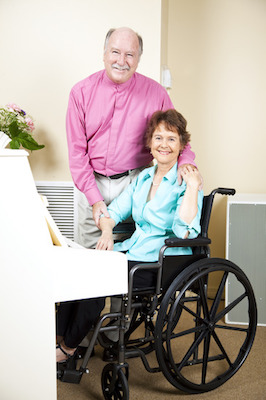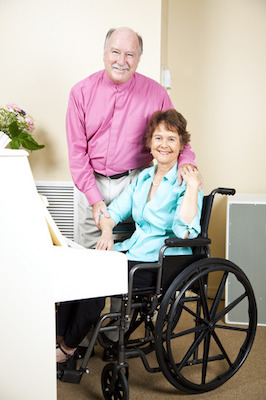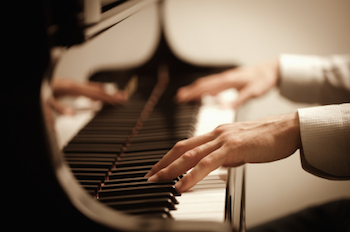Remember when you took piano lessons as a child? Maybe you suggested it to your parents. Maybe they pushed you into them. Yet, at some point, life got in the way, and you gave up piano to pursue other things.
Now, as an adult, you’re contemplating what hobbies to take on. And playing the piano has surfaced as a skill you want to pursue.
With a few tips in mind, there are ways you can bring it into your life and work on being a better piano player. It’s not impossible to learn, no matter what your age.
Find a good teacher
Teaching comes in a variety of media formats today. It doesn’t mean you’ll have to head to your local music store anymore. Instead, you can search online and find many different programs virtually too. Consider private lessons as well as group learning, as they each have their own benefits. It’s important to select the right teacher, one who understands adult learning, and won’t pair you with a younger audience you’re not comfortable around.
Look at other platforms
You can find ways to improve your playability in a variety of means. Download an app. Play a game. Watch a video course. Or even check out your local orchestra for musical theory. Becoming a better piano player isn’t just about playing. It’s also about understanding the way music is created.
Create a practice environment
Like any hobby, the only way you’ll get better is if you practice. Schedule it if you have to. Then stick with a plan. Make it a time you enjoy playing, one where you can relax and focus on your music. If it becomes a chore, you’re less likely to do it. So pick a time that works for you. Maybe after a long day when you need stress relief. Or first thing in the morning when you’re full of energy. Don’t worry about starting and stopping a clock. Instead, play what feels comfortable to you. Because the more you enjoy it, the more likely you’ll be to play on a regular basis.
Learn patience
Playing piano is a lifelong experience. The more you do it, the more you’ll learn, the more you’ll enjoy. This isn’t about burning through music as fast as you can. It’s more about challenging yourself and learning something new. Pick out songs you love and work on perfecting them. You can even look for ways to showcase your new skills – how about performing a concert for friends and family? Goals are good to give you something to work towards.
But no matter what your end goal is, keep in mind it’s all about learning. It is possible for adults to succeed at piano lessons. It’s up to you to define what that means.









